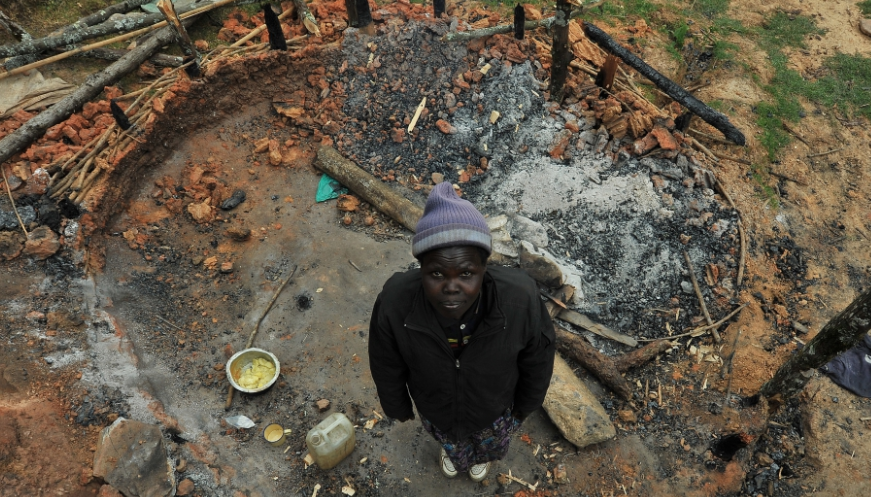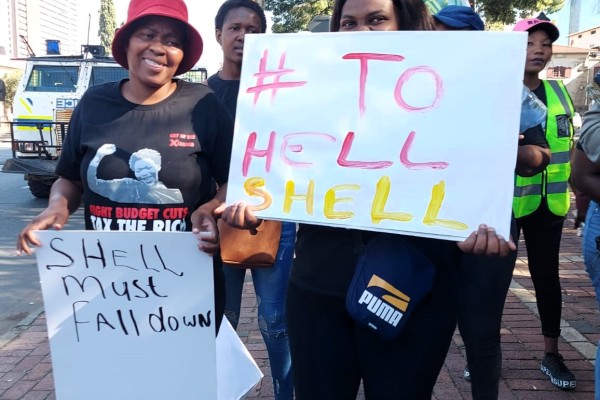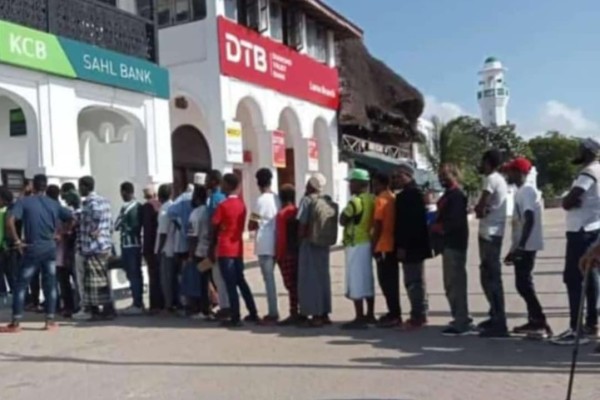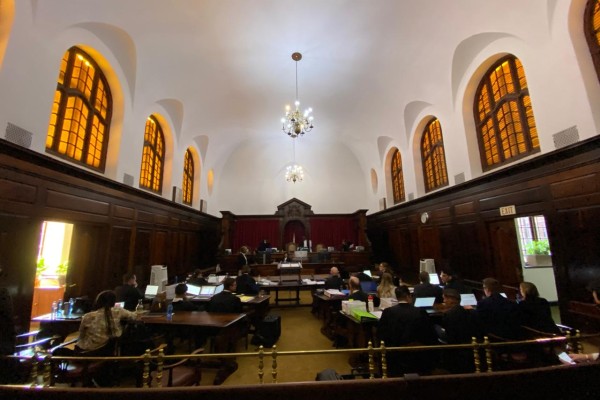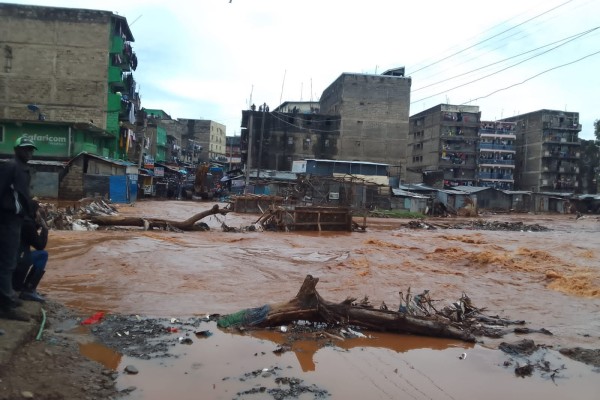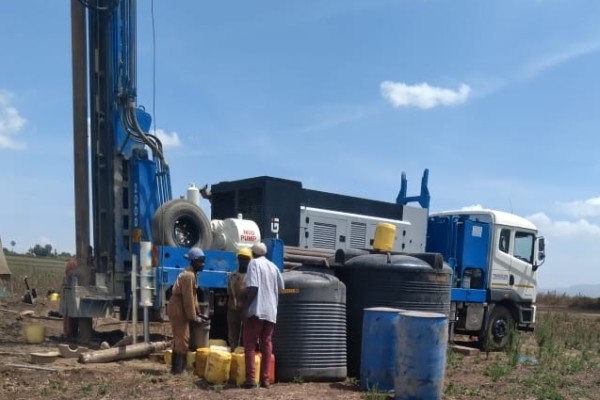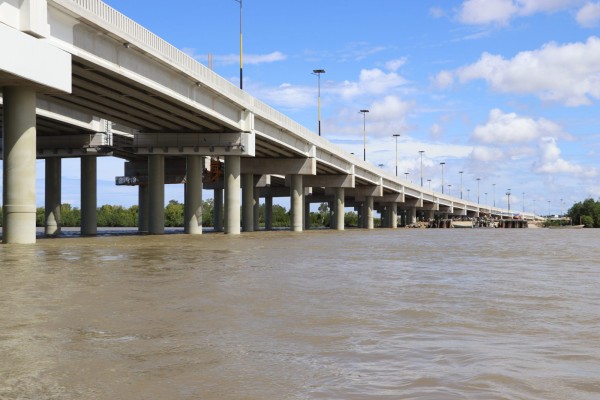John H. Knox (Special Rapporteur on the issue of human rights obligations relating to the enjoyment of a safe, clean, healthy and sustainable environment), Michel Forst (Special Rapporteur on the situation of human rights defenders) and Victoria Tauli-Corpuz (Special Rapporteur on the rights of indigenous peoples)* have expressed concerns about recent reports that indigenous Sengwer peoples in western Kenya have been attacked and forcibly evicted from their homes as a result of the implementation of the Water Towers Protection and Climate Change Mitigation and Adaptation project, an EU-funded water management project.
“The Sengwer are facing repeated attacks and forced evictions by agents of the Kenya Forest Service, which is an implementing agency in the project financed by the European Union,” the experts said. On 25 December 2017, more than 100 armed Forest Service guards entered the traditional lands of the Sengwer in the Embobut Forest, firing gunshots, burning at least 15 homes and killing their livestock. On 9 January 2018, one of the Sengwer leaders, was shot at by Forest Service Service guards. While he managed to escape unhurt, his house was burnt down and his property destroyed.
The experts called on Kenya and the European Union to ensure that the human rights of the Sengwer peoples are respected. “We are concerned that the project is being undertaken without a human rights impact assessment,” the experts said. “Consultations have not been held with the Sengwer to seek their free, prior and informed consent.
“We call on the Kenyan authorities to urgently halt the evictions of the Sengwer community and undertake impartial investigations of these attacks. Furthermore, we urge the European Union to suspend funding for the project until measures have been taken to uphold international standards on indigenous peoples’ rights.”
In June 2016, the EU and the Kenyan government launched the Water Towers Protection and Climate Change Mitigation and Adaptation (WaTER) project worth €31 million.
* The Special Rapporteurs are part of what is known as the Special Procedures of the Human Rights Council. Special Procedures, the largest body of independent experts in the UN Human Rights system, is the general name of the Council’s independent fact-finding and monitoring mechanisms that address either specific country situations or thematic issues in all parts of the world. Special Procedures’ experts work on a voluntary basis; they are not UN staff and do not receive a salary for their work. They are independent from any government or organization and serve in their individual capacity.
‘This post is drawn from a statement by the UNHCR. For background on the issues and more images by Tony Karumba/GroundTruth, please see: https://www.pri.org/stories/2015-10-27/indigenous-people-watch-their-houses-burn-and-point-fingers-world-bank‘

